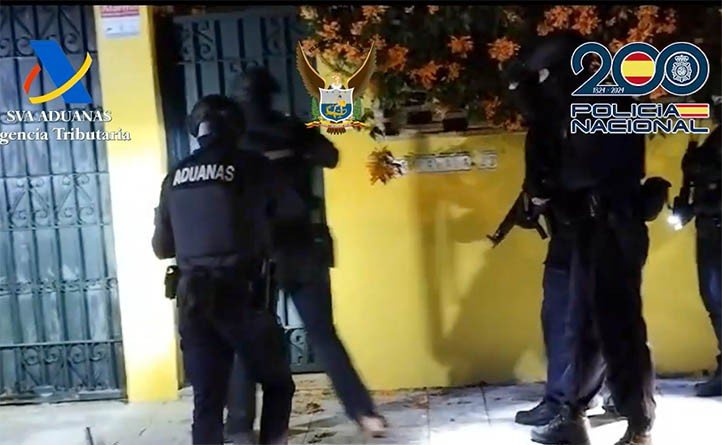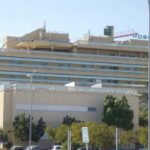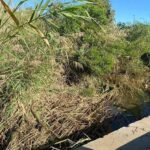International Cocaine Trafficking Ring Busted
The National Police have reported the dismantling of a criminal organization allegedly involved in international cocaine trafficking from Ecuador, using fruit containers, and money laundering through a complex business network. The alleged mastermind behind the operation is an Italian businessman based in Marbella.
Joint Operation by National Police and Customs Surveillance
The operation was carried out by agents of the National Police and Customs Surveillance of the Tax Agency, as well as the National Police of Ecuador. The investigation began in 2020 when an Italian businessman of Argentine origin, based in Marbella, was detected in Spain. He controlled a wide range of companies that showed signs of hidden financing behind a legal commercial appearance.
Businesses Involved in the Criminal Network
The police statement mentions companies involved in the production and export of bananas from Ecuador to Europe, sports centers in Marbella, shopping centers in Granada, and hospitality and nightlife businesses. The investigations established links between the investigated individual and drug trafficking by sea.
International Cooperation in the Investigation
The complexity of the investigation required international cooperation, coordinated at the judicial level by the Special Anti-Drug Prosecutor’s Office, and at the police level by EUROPOL.
Alleged Leaders of the Criminal Organization
The investigation revealed that the criminal organization was allegedly led by an Albanian citizen based in Ecuador and the Italian businessman residing in Marbella. Both ran fruit production and export companies from Ecuador to the world, with a business volume of hundreds of containers exported per year.
Money Laundering and High-End Lifestyle
This allowed them perfect coverage for their comfortable economic situation, with millionaire expenses such as the acquisition of properties in exclusive places in Marbella, Guayaquil or Dubai, or the opening of new business avenues, such as nightlife or sports, and the enjoyment of a very high standard of living.
Use of Fruit Export Companies for Drug Trafficking
The agents’ investigations revealed that both individuals used their companies’ exports to hide cocaine in the containers. They had the collaboration of personnel in the ports or businessmen dedicated to fruit importation, who simulated a lawful trade relationship to introduce the drug into their countries.
Changes in Drug Shipment Methods
The organization used various methods to send the drug, but after the seizure in 2020 of more than 1,100 kilos of cocaine in one of their containers by the authorities of the Netherlands, the investigated individuals began to make small shipments of between 15 and 40 kilos of drugs, contaminating several containers to the same importer, and using the structure of the containers to hide the cocaine.
Structure of the Criminal Organization
The organization was perfectly structured, with the Albanian businessman in charge of introducing the drug from Colombia to Ecuador, having, according to the investigators, a contract with his Colombian suppliers to receive 4,000 kilos of cocaine per month, later preparing the containers for shipment to various countries.
Role of the Marbella-based Businessman
The investigated individual based in Marbella allegedly provided the logistics of his export companies to make cocaine shipments and coordinated the financial network aimed at money laundering. He had a manager specialized in this matter, making various cash collections to introduce them into the legal market.
Expert in Money Laundering
For the money laundering activity, he had a complex financial network, which was designed and managed by an expert launderer, based in Marbella, who facilitated the laundering of the illicit profits obtained.
Seizures and Arrests
The investigation culminated on February 6 in an operation involving more than 800 police officers in Spain and Ecuador, carrying out 62 entries and searches (40 in Ecuador and 22 in Spain) in a coordinated manner. The investigation has led to the arrest of 32 people, 18 in Ecuador, one in the United Kingdom, and 13 in the Spanish provinces of Malaga (7), Barcelona (2), Madrid (2), Cadiz (1), and Valencia (1).



